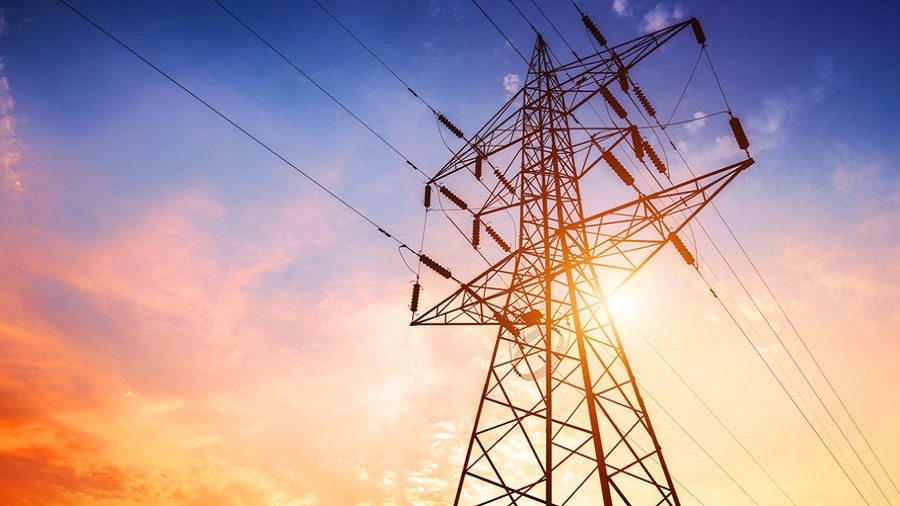Jharkhand State Electricity Regulatory Commission (JSERC) has given consumers a reason to smile by turning down the state discom’s plea to hike tariffs for 2020-21 fiscal in the wake of the Covid-19 pandemic.
In a formal announcement on Friday, the regulator said that existing power tariffs of 2019-20 would continue to be applicable for the current fiscal as well and would be effective October 1, 2020.
This means, Jharkhand Bijli Vitran Nigam Limited (JBVNL), the state-owned distribution company, will continue to charge Rs 5.75 per unit for rural domestic consumers with a fixed monthly charge of Rs 20. For urban consumers the charges will be Rs 6.25 per unit and a fixed monthly charge of Rs 75.
For industrial consumers, too, rates remain unchanged. Low-tension industrial consumers will be charged Rs 5.75 per kilo volt ampere (KVA) with a fixed charge of Rs 100 per KVA and high-tension industrial consumers will pay Rs 5.50 per KVA with a fixed charge of Rs 350 per KVA. Overall energy bills for industrial consumers will be directly linked to hours of supply, the order noted.
JBVNL, in its tariff revision petition submitted to the regulator earlier this year, had appealed for a 20 per cent hike across various categories of consumers. But the regulator struck down the plea and directed JBVNL to put a stop to unmetered connections across the state from January 1, 2021, providing it a grace period of an additional three months in view of the pandemic.
To ensure more accountability, the regulator directed JBVNL to provide consumers with waivers in case it failed to generate bills on time. For instance, if the discom failed to provide bills for two months, then the consumer would get 1 per cent waiver on the bill that is generated on third month onwards. The maximum waiver has been capped at 3 per cent on the overall bill.
To augment digital payments, those paying bills online would get a rebate of 1 per cent while an additional 1 per cent rebate would be given, irrespective of the mode of payment if done before the due date, the regulator said.
R.N. Singh, member (engineering), JSERC said, "The decisions on power tariffs has been taken considering all aspects and interests of stakeholders… we have come to the conclusion that the power distribution company won’t be at a loss in case of no tariff hike. The new tariff would be effective October 1, 2020."
On September 21, JSERC had also ordered a three-month waiver on fixed charges for all category of consumers, including industrial units, for the months of April, May and June during the nationwide lockdown. Also, it put a three- month moratorium on payments between April 1 and June 30 till September-end, directing discoms not to impose any delayed payment surcharges.











